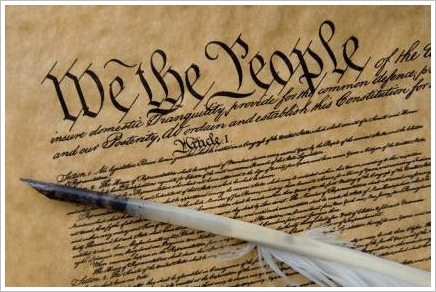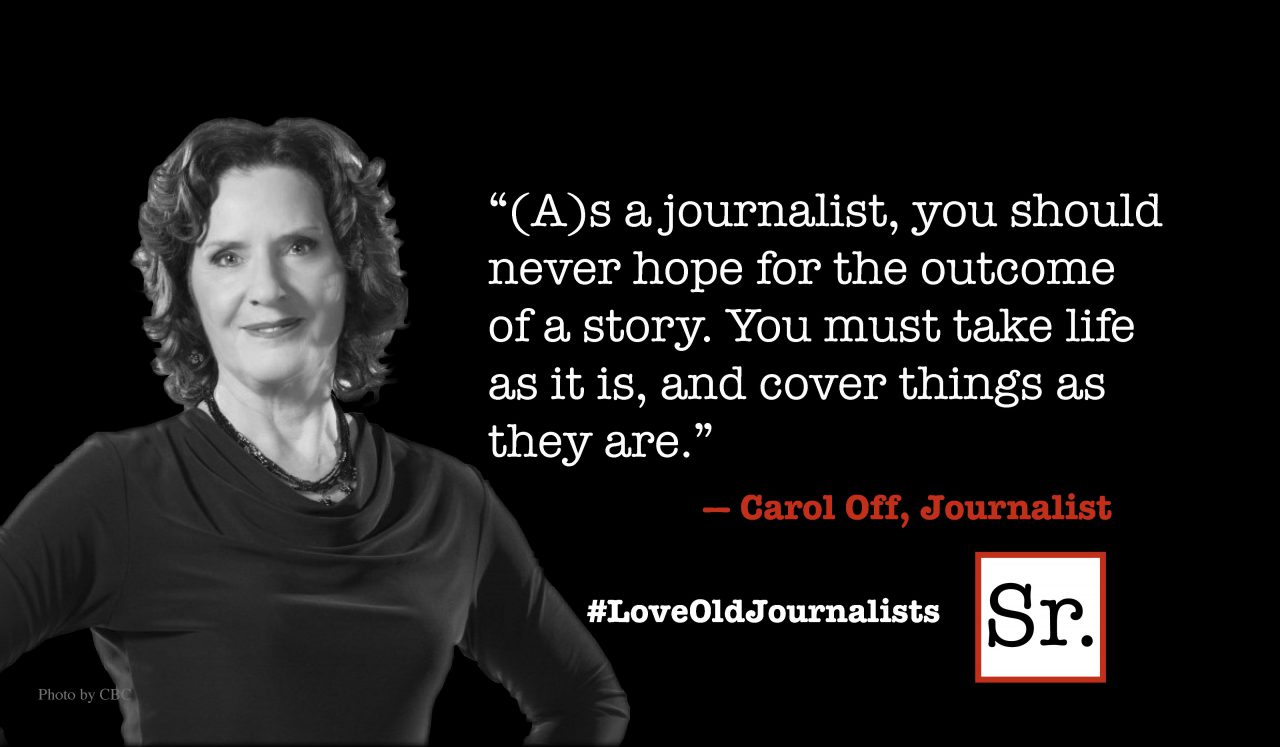The challenge for endangered populations. . .
Democracy as many Americans once envisioned it is in peril. For many, the ideal of what democracy represented was synonymous with their expectations. Why doubt that? For the groups with an equal and legitimate claim to the fruits of our democracy that had to, instead, square their expectations with reality, democracy took on a different meaning. Initially, they, too, believed that the real test of the health of our democracy is whether the rights and freedoms of our citizens are secure and expanding, not shrinking or being denied.
Many Americans (justifiably) were persuaded that rights won and enshrined in law were secure. Those rights, once secured, represented a foundation upon which additional rights could be earned, fought for, or negotiated. To the profound disappointment and anger of many, that belief is now myth. Enter the new paradigm of 21st century conservative theology and their politics of fear, division, and control — the belief that the future for society today is America of the 1950s. Who was in control then?
Since the 2010 elections that ushered in a wave of ultra-right wing conservative governors and state legislators, there has been a sustained assault on the rights of women (healthcare and reproductive rights), Latinos (immigration and a path to citizenship), Blacks (voting rights), gays and lesbians (equal rights and protection under the law), the elderly (the sanctity of the social safety net), and the young (voting rights, health insurance). For each group, the new reality is that rights grounded in law are not secure. Only through constant vigilance can those rights be protected and preserved for future generations. The vehicle for change – or the preservation and extension of the status quo – is the political process. Another likely alternative is social instability. Each choice involves collective action.
Daily, we are told by our elected officials and the Obama and Romney campaigns that the 2012 election is about choosing the future. To many voters, the devil is in the details. Their future anticipates a commitment from those they elect to create and expand opportunities, reduce income inequality, protect the rights and privileges of citizenship, preserve American values and civil liberties, build respect for American leadership, and offer comfort, care, and compassion for the elderly, the poor, and the minorities among us.
This election for the targeted populations identified above is most assuredly about concurrently protecting the ground they occupy while trying to expand beyond the limits of their horizon. The image here is of someone afraid to leave home for work for fear that his/her home will be burned to the ground while they are away. This fear is not alien to our history.
The lesson of the 2010 elections is basic rights and freedoms cannot be taken for granted. Those rights and freedoms are no longer hallowed ground, metaphorically speaking. Preserving hard won gains is what the coming election is about for the survivors and beneficiaries of struggle. What can they take for granted? they ask. What are they being required to give up just to remain in place? How can anyone build a future when his or her present is under constant threat? These questions go to the core of targeted populations’ very presence in contemporary society.
One popular political philosophy espouses the notion that each of us should not care about the plight of someone else (our neighbor). The basic tenet is that you should care only about yourself. You know, the individual perpetually against the odds.
The competing political philosophy offers greater hope to vulnerable and targeted populations because of its emphasis on mutual support, shared sacrifice and responsibility, and living by the same rules. For embattled populations, this approach offers greater prospects for the present and a better future. This collective spirit built this country, settled the western frontier, and guaranteed the survival of isolated communities against a hostile environment. It is the will and the spirit of the collective — a sense of class or group solidarity that is a hallmark of advanced societies and American democracy — not everyone for himself. To improve the odds for survival, vigilance was the watchword. Remember Paul Revere?
As Americans approach this election and decisions about their future, there are realities some ignore at their own peril. The wealthy (who are concurrently the powerful) are the most threatened by targeted populations’ pursuit of the American dream: full integration into American society with equal protections under the law. The fact is their legitimate aspirations threaten an existing order that favored white men – the beneficiaries of America’s original affirmative action policies. History is our guide.
Robert Parry of Consortium News reminds us that much of the U.S. Establishment was unserved by the surge of democracy that gave rise to the civil rights movement, the women’s rights movement, the environmental movement, and the anti-war movement. To this list, we add demands from Latinos (currently our largest and fastest-growing minority group) for full inclusion. Each group challenged longstanding traditions and countless injustices.
The legatees of the rich white men threatened by these movements ascended to power in 2010 and resolved to rollback the clock to simpler times. They were not about to cede power without a fight, without quarter. They have a stake in the outcome of the 2012 election. Perhaps more so now than ever, the privileged, the powerful, and the wealthy have lost their moral compass on what it means to be an American. To them, the equation might appear simpler: “us” versus “them.” “They” want a larger share of the pie that comes at the expense of a few. This is a myopic view of the world, but it is consistent with their actions to deny others while consistently enriching themselves beyond description.
The few would refashion American democracy to create a permanent schism between themselves and the rest of society. The few have forgotten the legacy of the Rockefellers, the Astors, the Vanderbilts, the Fords, the Mellons, the Carnegies, and other privileged families of an earlier generation; giving back is what makes America great. Today’s generation of wealth appears to have adopted a purely extractive relationship with this country. It is unfortunate that the presumptive GOP nominee is a poster child for this class of elite.
The Future?
The future for those groups in the crosshairs of conservative firepower at the state and federal levels is at risk. They will have to be as vigilant in their efforts to protect their interests through the ballot box as the wealthy are determined to protect their disproportionate share of America’s wealth.
Over the next five months, each endangered group should ask, which presidential candidate do they know?
1. For example, which candidate signed the Lilly Ledbetter Fair Pay Act, and which candidate couldn’t say whether he would have signed it?
2. Which candidate presents himself as a pragmatic progressive with a plan to rebuild the economy?
3. Which candidate has a plan to create jobs, and which candidate is likely to trust the mythical “job creators” to address the problem of high unemployment?
4. Which candidate’s success is predicated largely upon a further weakening of the American economy? Who then sees himself as an alternative to the status quo as his primary qualification to become president if the economy falters? (In other words, he is not the other guy.)
5. Ask, which candidate preys upon fear, hopelessness, sometimes despair, and frustration without offering solutions to reduce the debt other than more tax cuts, further deregulation, and strict austerity for the rest of society?
6. Which candidate questions the essential fairness of the Ryan plan, and which candidate labeled it “marvelous?”
7. Which candidate speaks to your hopes, dreams, and aspirations?
8. Which candidate is likely to set you adrift, consigned to the margins of society?
Each targeted group has a historic and enduring stake in strengthening the middle class. Therefore, two more key questions are:
a) Which candidate understands the needs of the middle class?
b) Which candidate is committed to pursuing policies that strengthen the middle class?
Women, Latinos, Blacks, the elderly, the LGBT community, and youth, in particular, cannot afford to lose their way in November. They have to look forward and not backward. The forces arrayed against their legitimate interests and their futures are some of the most powerful in this nation’s history. They will neither cede nor share power, influence, and the wealth of America without a fight.
Targeted groups deserve a better future than that represented by conservative forces in the country.
During the bloody and frequently brutal struggles of the civil rights movement of the 50s and 60s, the mantra was, remain vigilant and “keep your eyes on the prize.” That admonition is as valid today as it was a half century ago. Much is at stake.









